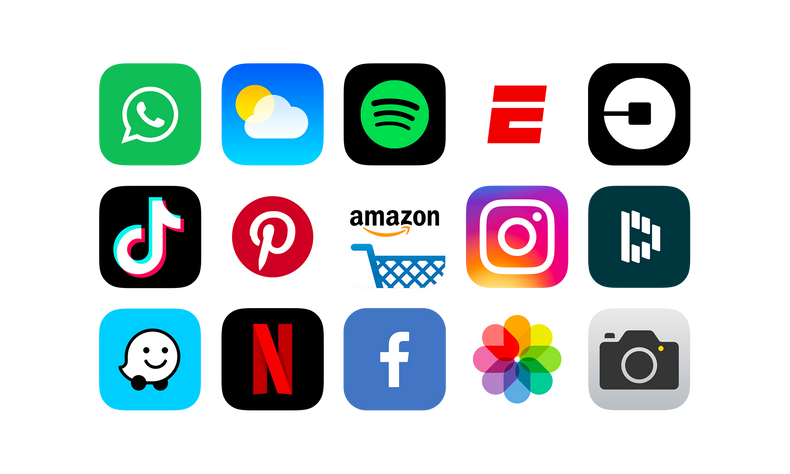The Rise of Apps
Published: 24/07/2024
Author:
Rachel Oduro explains why we're hooked on apps!

Do you remember when you first saw a website? Cast your mind back. On a revolutionary day in 1991, a portal to the digital world was opened by the arrival of the first ever website, and we were exposed to the power of worldwide information. Even today’s digital solutions still depend on the frameworks that were born over 30 years ago, but as we’ve progressed studies have shown that our preferences have too.
Cue the mobile app. Now, not only do we have access to worldwide information from the comfort of our home, but we can access all matter of things from outside our homes. Mobile applications have become preferential because they grant us the convenience of a custom-built experience, whenever, wherever.
From social media, entertainment, shopping, and productivity, to mobile gaming, books, podcasts, on-demand services, health, wellbeing and fitness, there is an app. If you’re a millennial, you’re an app native and can access up to 50 in one day! A typical smartphone user will use at least 10 apps daily. Last year Temu was the most downloaded shopping app with 337 million downloads. TikTok was the most downloaded iOS app in May 2024 while Instagram the most popular Android app in the same month.
So why do we love apps? Here are our top 5 reasons.
1. Enhanced User Experience - Apps give the user more opportunity to personalise their experience. Things like allowing for the user to set certain colour schemes (e.g. light mode/dark mode), enabling tracking so that the user sees customised recommendations, even allowing for recommendations based on location (think nearby events based on user interests).
2. Integration - Apps are optimised to allow for smooth integration across handheld devices. Websites these days are accessible via mobiles for the most part, but this heavily depends on how the website has been created, or how up to date it is. Applications across the board are created to integrate conveniently - utilising inbuilt mobile functions to optimise user experience.
3. Offline Access - User functionality can continue without the need for internet connection. Think access to basic content, and budget calculators. Applications are not bound by the limits of connectivity.
4. Notifications - users and businesses alike deem this feature as highly desirable. Instead of flooding inboxes with emails from subscriptions that are seldom remembered (or desired), push notifications offer brief, real time snapshots of digestible information. As if that wasn’t enough, notifications can be configured for in-app activity, so users only see them when actually using the app in question.
5. Staying Connected. One of the major selling points of applications is that it keeps us connected in ways that no other digital solution can. Whether that be to our loved ones, wider community, new opportunities or breaking news, apps are designed to give us an ever-open door to instant access.
